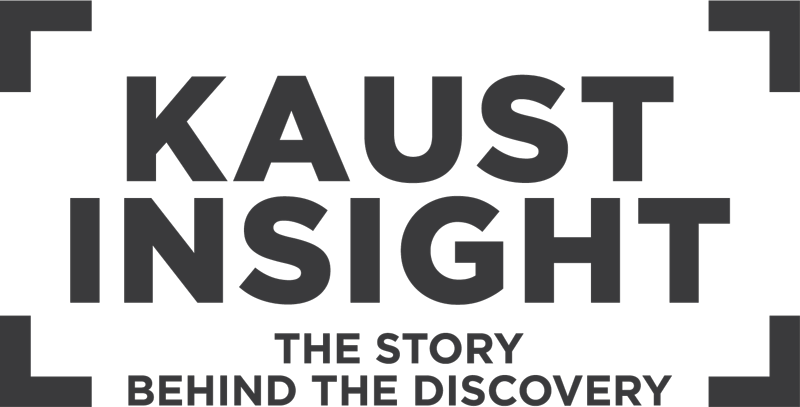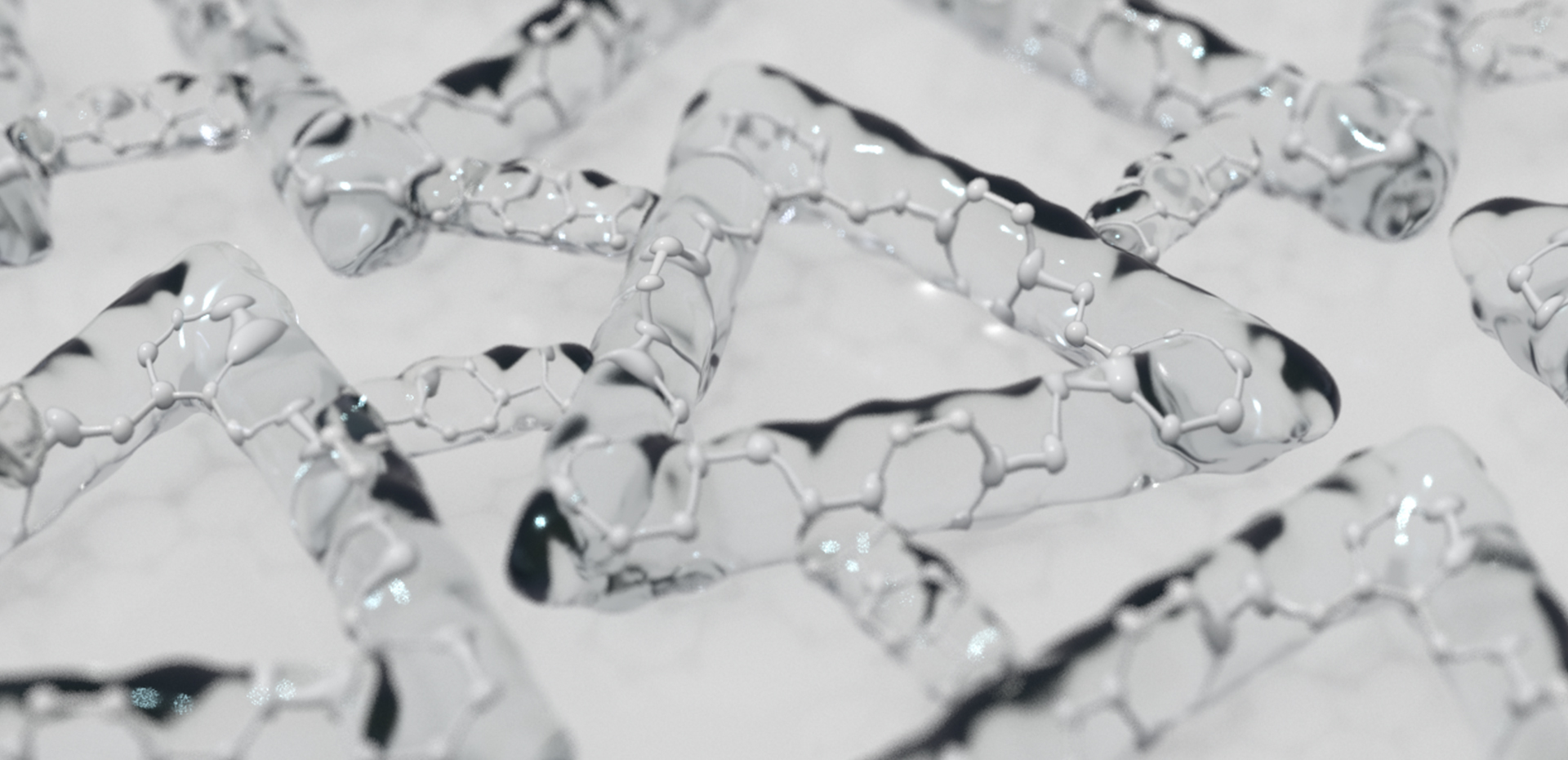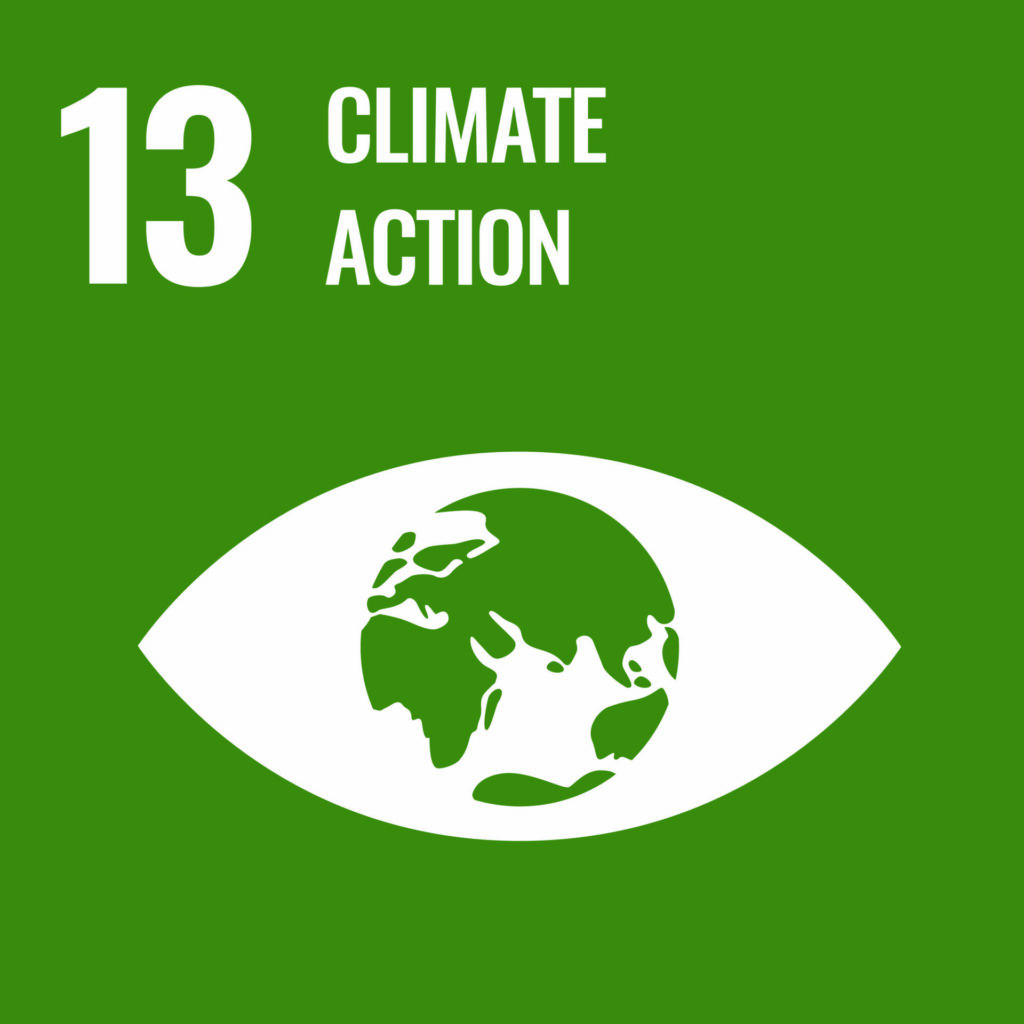Sometimes something as simple as sharing a cup of coffee with a colleague can lead to breakthroughs. This was the case with two of KAUST’s renowned chemists, Suzana Nunes and Niveen Khashab, whose chance conversation ultimately resulted in an extraordinary working relationship and led to high-performance selective separation membranes.
“Our offices are next door to each other at KAUST, and although I had looked up to Suzana for many years as a role model, a founding faculty member, and as a friend, we had never worked together,” says Khashab. “We met up at coffee break one morning and started to chat about our respective projects: I develop highly specialized, designer molecules for diverse applications, while Suzana specializes in membrane technology.”
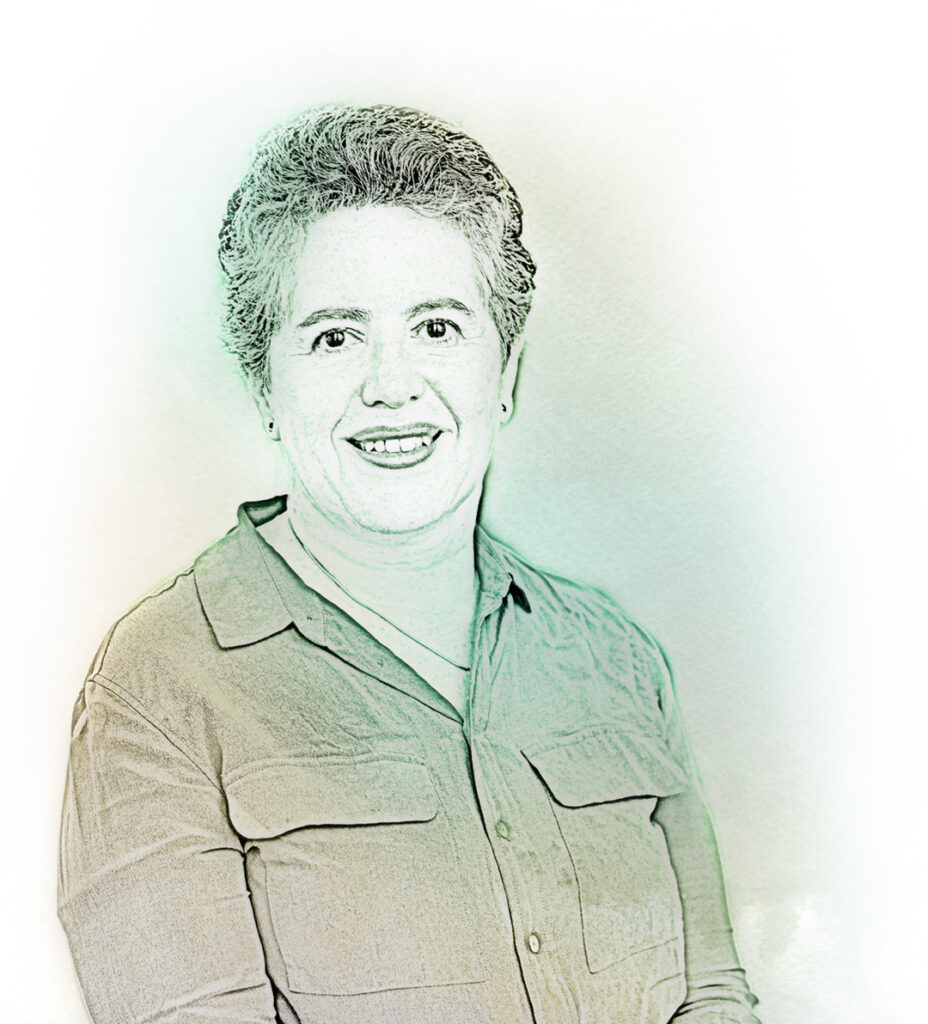
Professor, Environmental Science and Engineering.
© 2021 KAUST
“Our decision to work together was completely spontaneous,” says Nunes. “We had a lightbulb moment when I realized that membranes could really benefit from specifically designed molecular building blocks like the ones Niveen designs. A task such as filtering organic solvents on the nanoscale is a tough challenge that scientists have been wrestling with for many years. Suddenly, a potential solution was right in front of me!”
A unique collaboration followed, with the two women working together on a new strategy for building bespoke ultrathin membranes for high-performance selective separations in organic solvents. Their results were published in Nature Communications in 2020.
“We are both incredibly proud that this is one of the first Nature Communications papers ever published by KAUST where both corresponding authors are women,” says Khashab. “I hope that younger women see this and believe they can achieve equal success.”
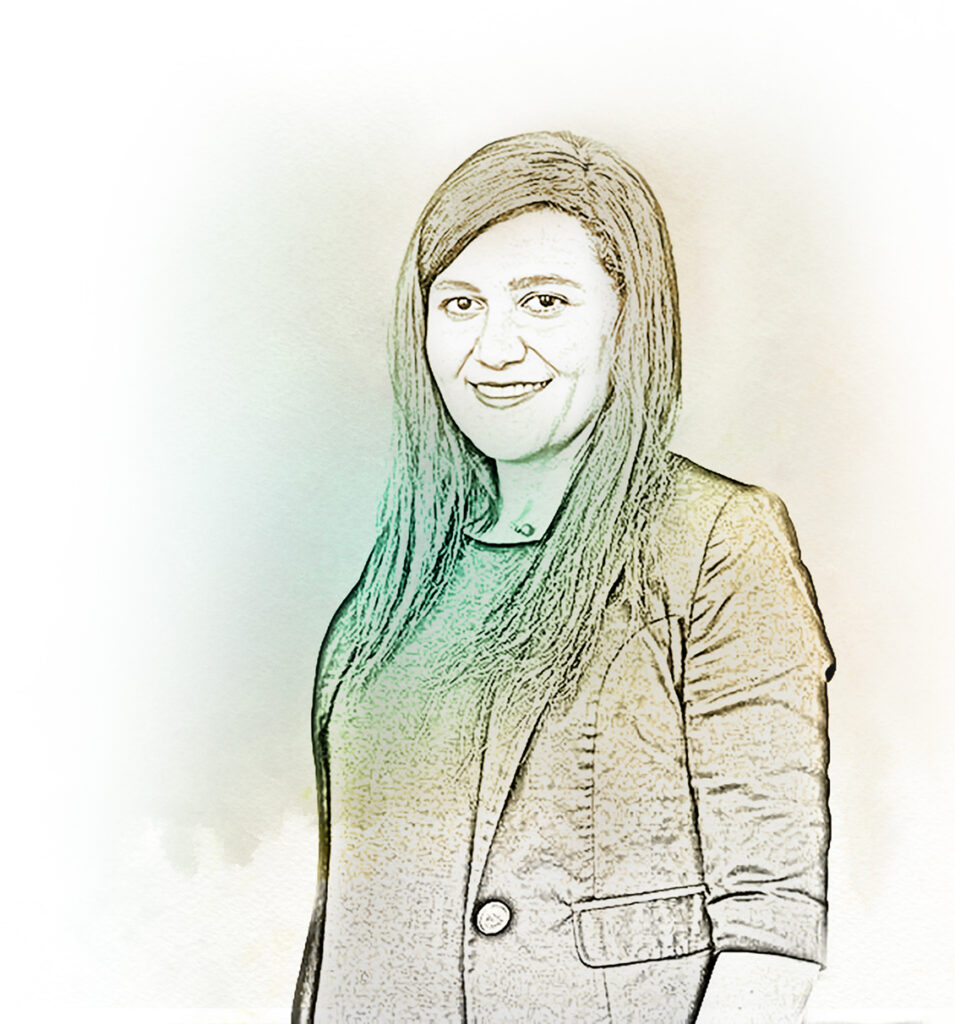
Professor, Chemical Science.
© 2021 KAUST
Both women are encouraging women to enter into STEM careers, and they regularly work with school-age girls and women at undergraduate and postgraduate levels across Saudi Arabia. They are on the board of WISER — Women in Science, Engineering and Research — a KAUST initiative that organizes events for young women through school outreach and conferences. The events celebrate female achievements across science and engineering. The next conference will be on International Women’s Day in March 2022.
“You have to catch girls at a young age to engage their curiosity and determination to enter STEM,” says Nunes. “I was given a chemistry set on my seventh birthday, and from that initial step, I went on to a specialist technology school for chemistry in Brazil.”
Similarly, Khashab was drawn to chemistry from a young age. She was fascinated by medicines and was desperate to understand how they worked. “I watched people taking tablets and suddenly they would feel better; it was like magic,” she recalls. “From this early fascination, I grew passionate about making specialized materials that would improve people’s health.”
“From this early fascination, I grew passionate about
making specialized materials that would improve
people’s health.”
Both women agree that working together must be a relaxed, completely transparent process. All goals should be clear from the start — a mantra that Nunes has always followed — and tasks should be divided up to make the best of each individual’s skillset.
“Respect for one another is vital. If you don’t see each other as equals then you’ll never grow and learn together, which is really the best part of the process,” says Nunes. “It is worth pointing out that these tips for successful collaboration are not gender specific. It is perfectly possible to have strong collaborative partnerships with male colleagues too.”
Khashab agrees wholeheartedly, although both feel that certain dots are linked more intuitively between women.
“Whatever you do, never feel forced into working with someone,” says Khashab. “Bright ideas come from human interaction — from the sparks that fly between people with open minds. You have to find people with whom you can be honest, and there must be complete acceptance of each other’s ideas, opinions, processes, and procedures. Otherwise, you’ll fall at the first hurdle.”
“Respect for one another is vital. If you don’t see each other as equals then you’ll never grow and learn together, which is really the best part of the process”
Retaining women in STEM subjects beyond their initial early-stage career is a considerable hurdle that academia, and indeed industry, has yet to overcome. Whether the pressure comes from society, cultural backgrounds or within the family is unclear, but many women either choose or are forced to step away from their STEM careers.
“We have to stop thinking of careers as linear and straightforward,” says Nunes. “The careers of women pass through different stages to those of men — that’s a fact — and it doesn’t have to be because of marriage or children. Women may face additional hurdles that slow down their path. They may have to find alternative routes, reinvent themselves and then rise once more; this must be taken into account. We should be facilitating their growth in these nonlinear steps of their careers.”
“This is a key theme in our work with WISER,” says Khashab. “We explain to young women about all the different ways in which STEM careers can pan out. We show them that they can work in different ways and demonstrate the wide variety of jobs available with STEM links, not just industry and academia, but in law and government, for example.”
And their advice to young women hoping to make their way in STEM? Be flexible but stand your ground, don’t give up, and find a perfect blend of being stubborn but enthusiastic.
“I’m with former German Chancellor Angela Merkel,” says Khashab. “She once famously said ‘I might bend but I will never break.’ This is the best advice I can give to young women in work, no matter what field they are in.”
“I read from the astronaut Buzz Aldrin the phrase; ‘You have to be a master of zigzag’,” adds Nunes. “So true for women, in every area of life.”
